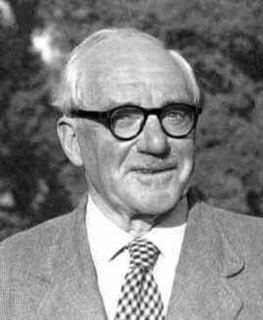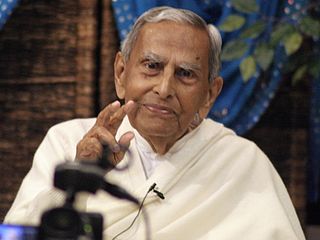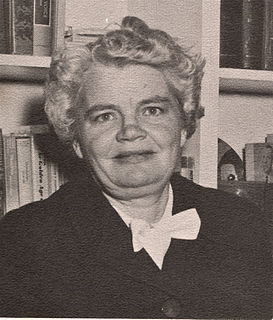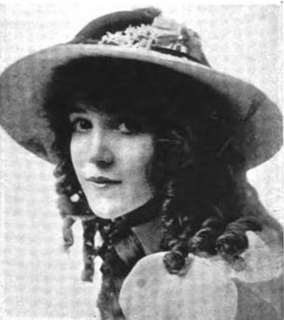A Quote by John Edensor Littlewood
It is true that I should have been surprised in the past to learn that Professor Hardy had joined the Oxford Group. But one could not say the adverse chance was 1:10. Mathematics is a dangerous profession; an appreciable proportion of us go mad, and then this particular event would be quite likely.
Related Quotes
Think of US slavery in 1850, or the subjection of women. Both of these injustices could have been - and were! - defended by pointing out, quite correctly, that this situation of slaves and women had been improving throughout the preceding century. Slaves, in particular, were worked less hard, beaten and raped less frequently, better fed, and less often ripped apart from their families. So would a celebration of moral progress have been appropriate in 1850? Surely not. Slavery could have been and should have been abolished - then, if not before.
When somebody comes up with a progressive idea, to begin with, you're mad, bonkers. Then if you go on, you're dangerous. Then there's a pause. Then you can't find anyone who can say they thought of it in the first place. That's how progress is made. This is why I do believe in the vote. In the end, all these people who've been tempted to the right realise the warning lights in their constituency are brighter than the bright lights from No. 10 offering them things.
If I had never joined a church till I had found one that was perfect, I should never
have joined one at all; and the moment I did join it, if I had found one, I should have
spoiled it, for it would not have been a perfect church after I had become a member of
it. Still, imperfect as it is, it is the dearest place on earthto us.
People who think they have no belief quite often say they want to pray but they do not know who or what they could be praying to. Aquinas would not say to such people, 'Ah, but you see, if you became a believer, a Christian, we would change all that. You would come to understand to whom you are praying.' Not at all. He would say to such people, 'If you became a Christian you would stop being surprised or ashamed of your condition. You would be happy with it. For faith would assure you that you could not know what God is until he reveals himself to us openly.'
Debts that must be paid ... that sums up the concept of karma. But I would add that karma is not a burden that you have to carry. It is also an opportunity to learn, a chance to practice love and forgiveness, a chance to learn lessons that are valuable to us. Karma offers us the chance to wipe our dirty slate clean, to erase the wrong doings of the past.
I have a philosophy that white people would be interested in Native Americans because, first of all, it's probably the only group as a country we all study and know the history and then never study again past the age of 10. So I think we have these things we believe are true, that are just not true about what an audience wants.
I — I mean," Kate stumbled on, "that with us there is a time past and time present, and time future, and with your gods perhaps there is time forever; but God in Himself has the whole of it, all times at once. It would be true to say that He came into our world and died here, in a time and a place; but it would also be true to say that in His eternity it is always That Place and That Time — here — and at this moment — and the power He had then, He can give to us now, as much as He did to those who saw and touched Him when He was alive on the earth.
When I came back from Munich, it was September, and I was Professor of Mathematics at the Eindhoven University of Technology. Later I learned that I had been the Department's third choice, after two numerical analysts had turned the invitation down; the decision to invite me had not been an easy one, on the one hand because I had not really studied mathematics, and on the other hand because of my sandals, my beard and my "arrogance" (whatever that may be).
Children, as well as grown-ups, in their individual, glorified, drudgery-proof homes of Labrador, the tropics, the Orient, or where you will, to which they can pass with pleasure and expedition by means of ever-improving transportation, will be able to tune in their television and radio to the moving picture lecture of, let us say, President Lowell of Harvard; the professor of Mathematics of Oxford; of the doctor of Indian antiquities of Delhi, etc.





































